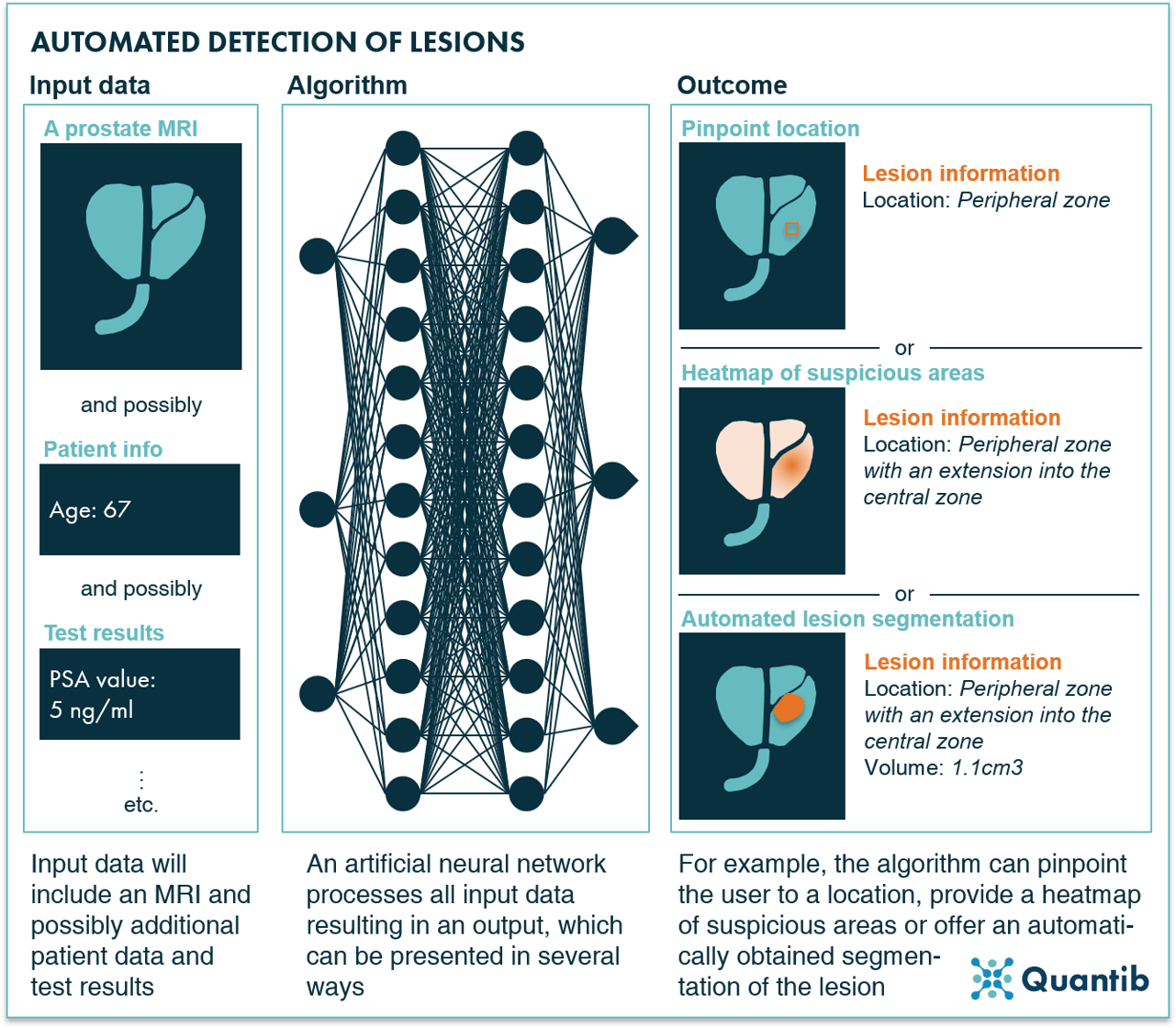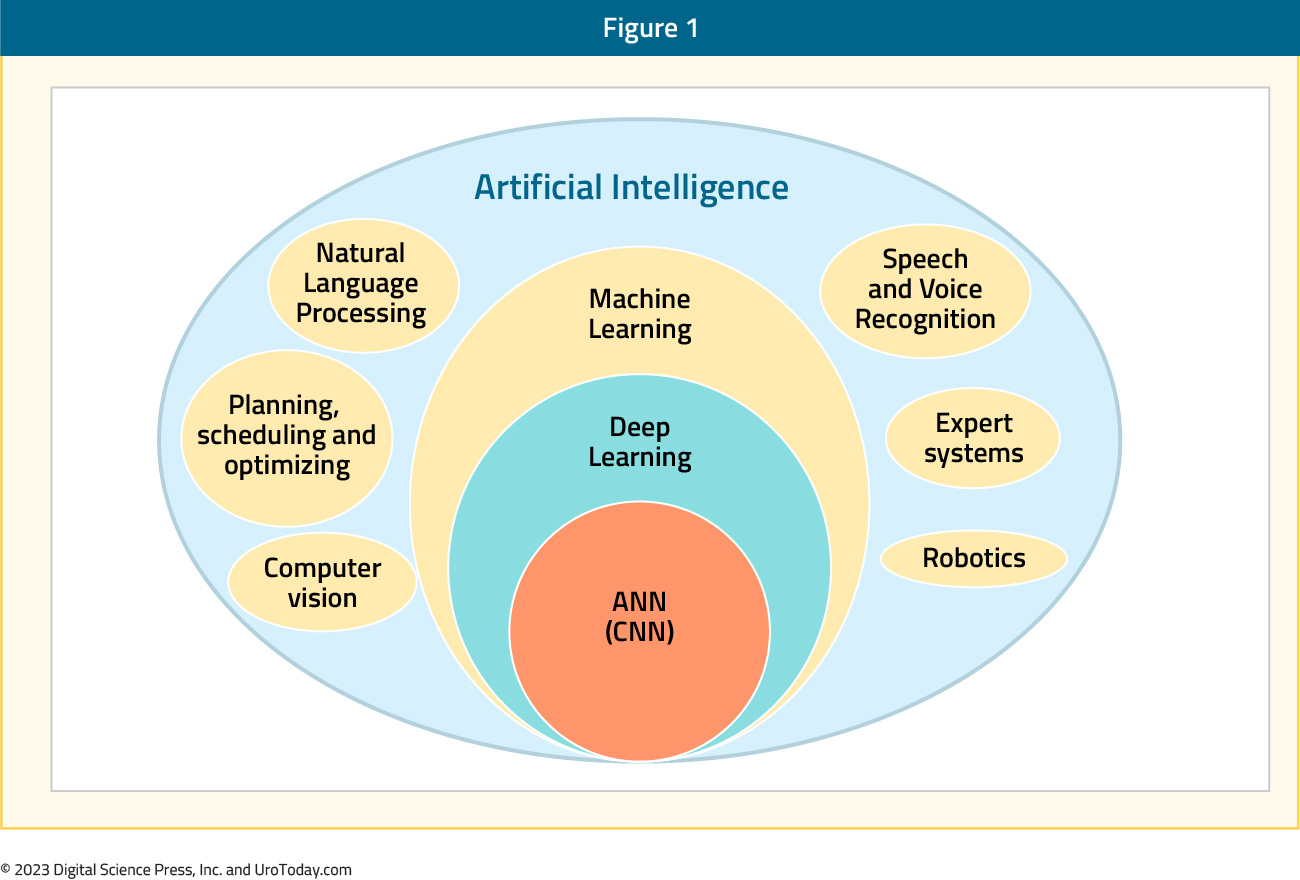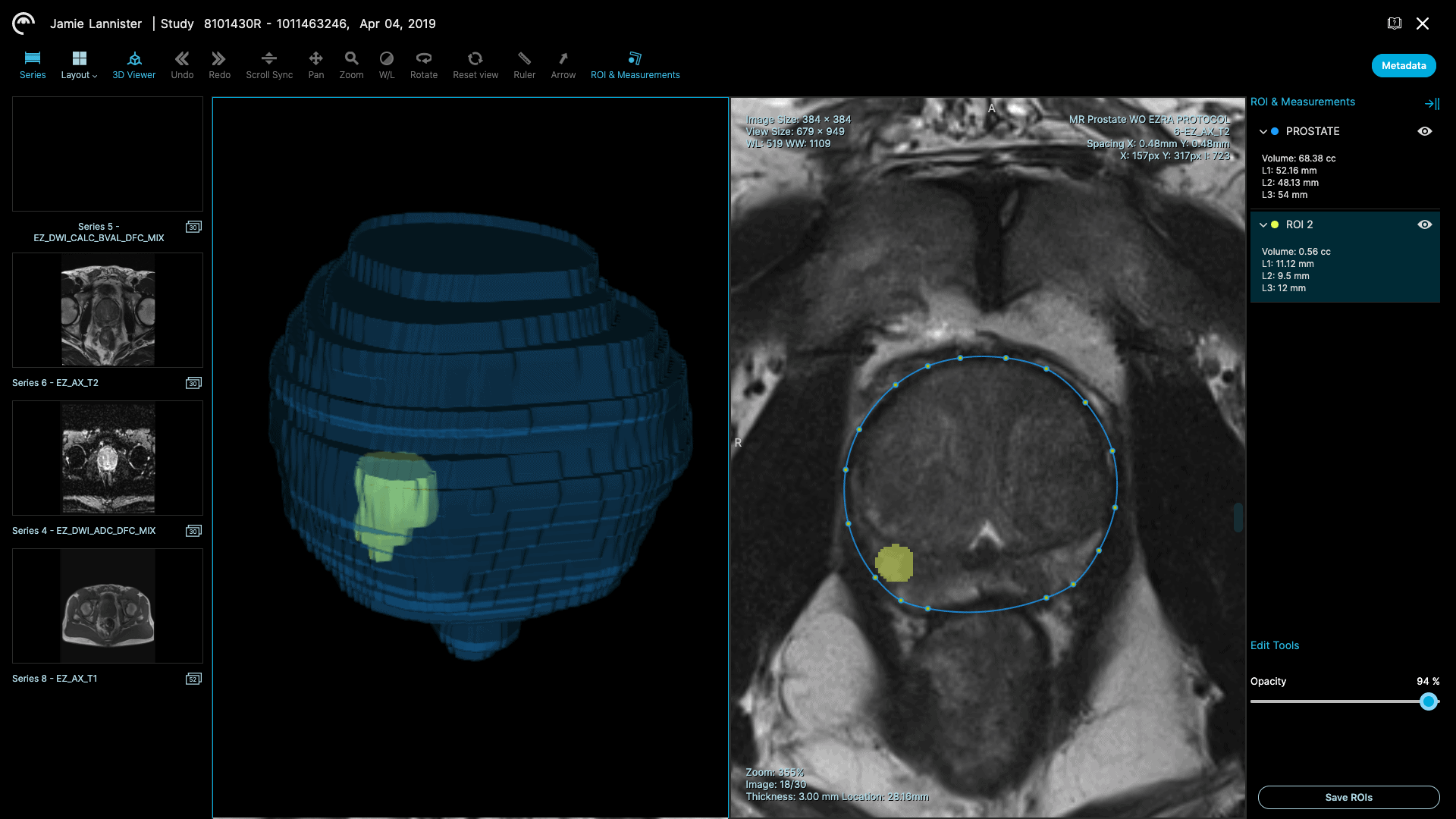Check spelling or type a new query. We did not find results for: Dr matthew hobbs, director of research at prostate cancer uk, commented:
Artificial Intelligence and Prostate Cancer Diagnosis and Grading
“1 in 8 men will get prostate cancer, but the disease is seriously lagging behind other cancers in terms of precision medicine, a situation which is causing avoidable death and harm.
We would like to show you a description here but the site won’t allow us.
A systematic review of the ai application for prostate cancer diagnosis published in 2021 identified 11 articles where ai methods were developed for automatic cancerous lesion detection on mri The researchers used ai to study changes in the dna of prostate cancer samples (using whole genome sequencing) from 159 patients. They identified two distinct cancer groups among these patients Ai and the prostate cancer pathway.
After having addressed the workings and possibilities of ai methods in the previous sections, we can now look at what ai can do for the prostate cancer pathway. There are many options to apply artificial intelligence to diagnosing, treating, following and predicting the course of prostate cancer. Ai has helped scientists reveal a new form of aggressive prostate cancer which could revolutionize how the disease is diagnosed and treated in the future. Ultimately, it could provide tailored treatments to each individual patient according to a genetic test which will also be delivered using ai.

According to cancer research uk, prostate cancer is the most common cancer affecting men in the uk with around 52,000 cases a year.
Research published in cell genomics has shown that prostate cancer includes two different subtypes of the disease, also known as evotypes. This discovery was made by using artificial intelligence (ai) to help unlock new discoveries about the evolution of prostate cancer and could lead to the development of new treatments. Using an ai technique called neural networks on prostate cancer samples from 159 patients, the new research found that there were two distinctly different ways that prostate cancer could evolve Ultimately, it could provide tailored treatments to each individual patient according to a genetic test which will also be delivered using ai.
According to cancer research uk, prostate cancer is the most common cancer affecting men in the uk with around 52,000 cases a year. Dr rupal mistry, the charity’s senior science engagement manager, said: Artificial intelligence (ai) has shown promise for diagnosing prostate cancer in biopsies. However, results have been limited to individual studies, lacking validation in multinational settings.


